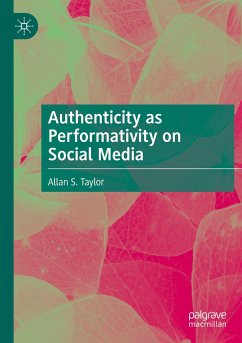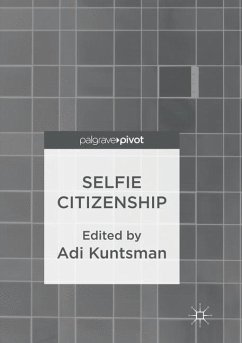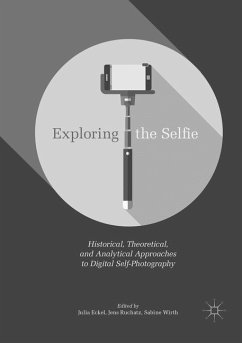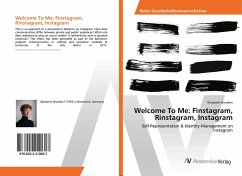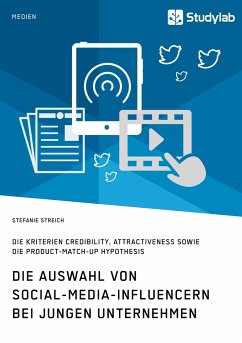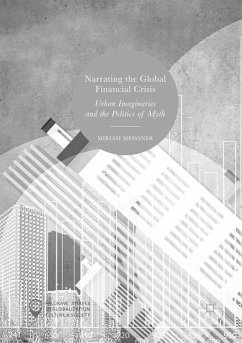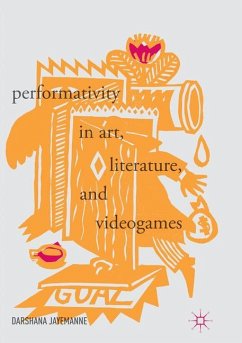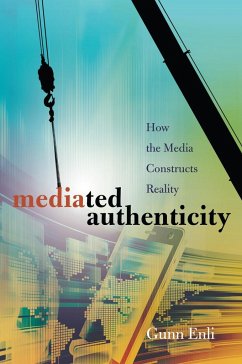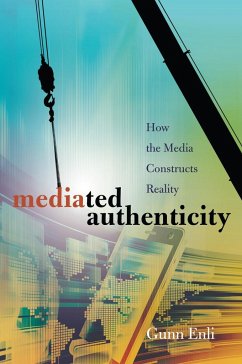
Authenticity as Performativity on Social Media
Versandkostenfrei!
Versandfertig in 6-10 Tagen
76,99 €
inkl. MwSt.
Weitere Ausgaben:

PAYBACK Punkte
38 °P sammeln!
Authenticity is a highly-prized concept on social media, but given the history of the term, has it been adequately scrutinised? This book provides an alternative definition of authentic social media practice and suggests that, rather than being an achievable ideal, authenticity reveals itself as an unrepeatable temporary interval. Applying a post-structural lens of performativity, Taylor analyses the resurgence of the authentic as a cultural trend and argues that the professionalisation of social media has given rise to a 'neoliberal authentic' that equates productivity with self-actualisation...
Authenticity is a highly-prized concept on social media, but given the history of the term, has it been adequately scrutinised? This book provides an alternative definition of authentic social media practice and suggests that, rather than being an achievable ideal, authenticity reveals itself as an unrepeatable temporary interval.
Applying a post-structural lens of performativity, Taylor analyses the resurgence of the authentic as a cultural trend and argues that the professionalisation of social media has given rise to a 'neoliberal authentic' that equates productivity with self-actualisation, questioning whether society should present this as a cultural ideal.
Using a new critical framework, Taylor recontextualises authenticity in a variety of social media practices. This includes authentic self-representation, authentic influence and its effect in influencer culture, as well as meme production as an attempt to find authenticity. Part-reader, part-manifesto, thebook asks readers to reappraise authenticity and provides a working definition for future practice.
Applying a post-structural lens of performativity, Taylor analyses the resurgence of the authentic as a cultural trend and argues that the professionalisation of social media has given rise to a 'neoliberal authentic' that equates productivity with self-actualisation, questioning whether society should present this as a cultural ideal.
Using a new critical framework, Taylor recontextualises authenticity in a variety of social media practices. This includes authentic self-representation, authentic influence and its effect in influencer culture, as well as meme production as an attempt to find authenticity. Part-reader, part-manifesto, thebook asks readers to reappraise authenticity and provides a working definition for future practice.





